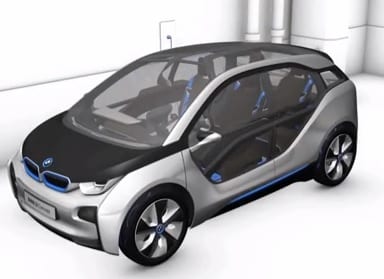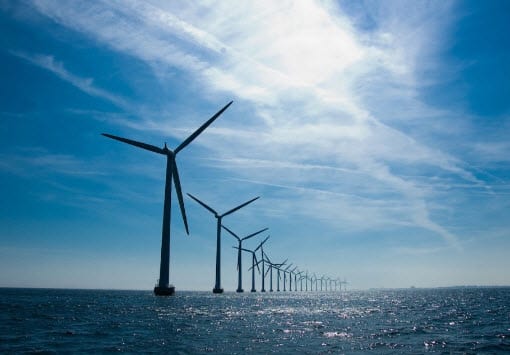
Range of electric vehicles expected to double in five years time
July 10, 2013Electric vehicles continue to gain momentum
Electric vehicles have been growing in popularity but they have also begun to attract a significant amount of criticism recently. Much of this criticism is based on the efficiency of these vehicles, which is somewhat low when compared to their conventional counterparts. While lithium-ion batteries are considered formidable energy devices for some applications, their uses in transportation have yet to meet the standards of many consumers. This may soon change, however, as lithium-ion batteries become more advanced in the coming years.
Battery technology seeing strong advancement
Lithium-ion batteries are currently the primary energy system for electric vehicles. While the auto industry as a whole has begun to show more interest in hydrogen fuel cells, which can also be used to power electric vehicles, lithium-ion batteries remain the primary focus for most automakers developing such vehicles. These batteries have proven that they can be useful for short-range transportation, but when it comes to long-range transit, the batteries leave much to be desired.
BMW has high hopes for electric vehicles
The efficiency concerns that have somewhat stymied the growth of electric vehicles may soon be put to rest, according to BMW executives. BMW has been slow to warm to the concept of electric vehicles, only recently announcing the impending launch of its i3 battery-powered model. Nonetheless, the automaker has high hopes for lithium-ion batteries and their uses in transportation. Some of the company’s executives are predicting that the efficiency of lithium-ion batteries will increase significantly in the next five years, effectively doubling the range of operation for most electric vehicles.
Higher range may help boost sales
According to BMW, electric vehicles are likely to be able to travel more than 200 miles on a single charge. The automaker expects that the higher range of these vehicles will help boost sales significantly. Higher range would make these vehicles more attractive to consumers, especially those that are not located in large metropolitan areas that are home to comprehensive electric infrastructures for these vehicles.



 With over 15 years of reporting hydrogen news, we are your premier source for the latest updates and insights in hydrogen and renewable energy.
With over 15 years of reporting hydrogen news, we are your premier source for the latest updates and insights in hydrogen and renewable energy.
It is UTOPIA to believe that EV-Electric Vehicles- are contributing to the pollution reduction of the atmosphere while the Electric Energy required is produced by Coal -there are 600 coal mines in USA alone- and much more is generated by burning Natural Gas, that energy now is temporarily stored in batteries which also consuming a lot of Electric Energy in producing them. Realistically and is obvious, this approach is deafening the entire purpose of Green Energy Concept. The only practical solution is the production and use of Hydrogen Fuel which concept it will prevail.
The range is only one issue that limits the use of BEV. BEV are generally only ok for a small subset of mobility use-cases such as traveling short to medium distances in moderate climate, when charging time is not an issue. FCEV are universal and match all common use-cases in any climate condition. Thus it is only a question of time and H2 availability when FCEV will win that battle. Like gasoline killed the electric car 100 years ago, FCEV will kill the BEV in a couple of years or maybe some decades. Main reason: The H2 economy will come and replace fossil and nuclear power. There is no other choice for human life as we know it on the planet. It has already started.